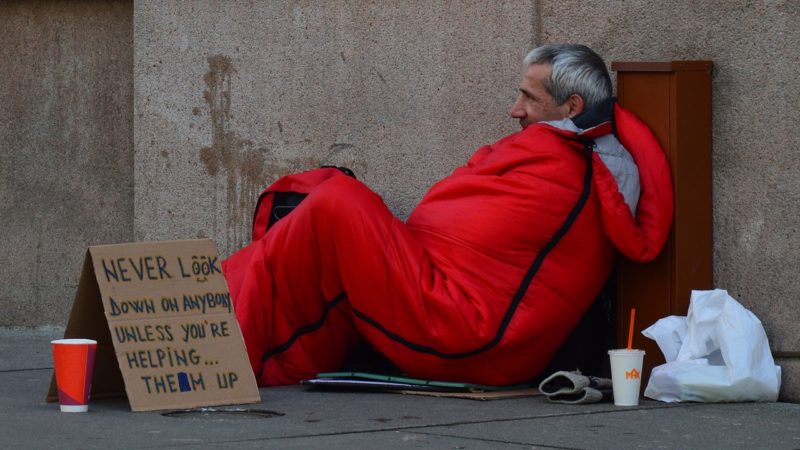'Almost a third of Londoners live in the private rented sector'

Sem Moema is the Labour Party London Assembly Member for North East since 2021.
As we stand on the cusp of a possible third wave of the pandemic, the evictions ban has come to an abrupt end.
We know from recent surveys that thousands of Londoners have fallen into rent arrears over the last year. In the capital and across the country, we now face a flood of evictions going through the courts over the coming months, leaving an alarming portion of London’s estimated 2.7 million renters at risk of homelessness.
We have come to a crossroads, where we now urgently need a conversation about how we go forward from here to protect and strengthen renters’ rights.
Almost a third of Londoners live in the private rented sector, but they would all be forgiven for thinking that the government has treated them as an afterthought.
Like the furlough scheme, there was no choice but for the government to implement the evictions ban in a time of national crisis. And it was right to take this action. But this was a sticking plaster, and ministers have to do more to address the myriad issues that have faced renters long before the COVID-19 outbreak.
To prevent a surge in homelessness, the first thing that ministers must do is to create a fund for renters who have been financially impacted by the pandemic to help them to pay-off their arrears. This would be to the benefit of both struggling tenants and landlords who have been left out of pocket- the majority of whom are decent and responsible.
We must also see Local Housing Allowance raised to cover average rents, like it did when it was introduced in 2008, before it was cut by the government during a decade of austerity.
Ending the unjust section 21, or ‘no-fault’ evictions should also be at the top of the agenda for ministers. This tool allows landlords to claim possession of a property from their tenants without having to provide a reason. It can be used as means to carry out revenge evictions, if a tenant asks for repairs to be carried out or reports a problem with their living conditions.
It was over two years ago that the then prime minister, Theresa May, pledged to outlaw section 21, subject to a consultation. Since this time, we have seen the government continue to kick the can down the road.
City Hall has made huge progress in putting shovels into the ground to kick-start the next generation of high-quality homes for social and genuinely affordable rents. But to meet burgeoning demand, the government would need to provide the mayor with around seven times the funding it currently allocates.
Instead, we have seen an overwhelming focus from ministers on schemes such as Help to Buy, which stokes up demand, and proposals to expand permitted development rights which could lead to a proliferation of sub-standard homes- which are still unaffordable for ordinary Londoners.
When it comes to the private rented sector, the powers of City Hall and local authorities to make positive interventions are unjustifiably limited. The government also needs to engage with the Mayor of London, Sadiq Khan, about introducing rent controls and devolving greater flexibility for councils to implement landlord licensing schemes on a larger scale.
Let’s be clear, this is not an idealistic wishlist, but a long-overdue agenda to make the private rented sector secure, affordable and fit for purpose.
To reach hundreds of thousands of new readers we need to grow our donor base substantially.
That's why in 2024, we are seeking to generate 150 additional regular donors to support Left Foot Forward's work.
We still need another 117 people to donate to hit the target. You can help. Donate today.



